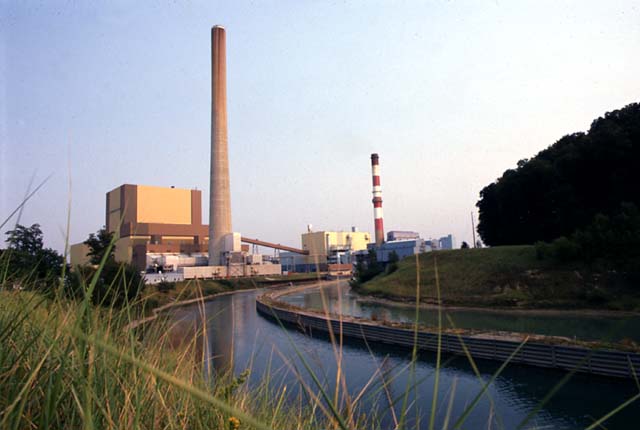By Joseph Parnell McCarter
Much of Ottawa County (cities of Zeeland, Grand Haven, and Holland) already has local control and public accountability of the electric utility system; now is the time to extend that to the rest of the county. This is really not a “Republican or Democrat/conservative or liberal” issue, but a local control and public accountability issue. How many of either political party in these Ottawa County cities really would prefer to turn their electric utility system over to the unelected Michigan Public Service Commission (appointed by the Governor) and the 2 main monopolies (Consumers Energy and DTE) they regulate? Should not the voting citizens of Ottawa County have an opportunity to decide if the rest of the county should be able to enjoy the same benefits that these cities enjoy?
The reality is that electric utility infrastructure is much like road infrastructure: it is a natural monopoly for a given area. It is not something like grocery stores, farms, manufacturers, etc. which can have normal forms of private enterprise competition. Even now Consumers Energy does not operate like a typical private enterprise. The State of Michigan makes the decisions regarding much of what it does and what profit it makes. It is a monopoly for a given area, and its customers have virtually no choice of a competitor. Does it not make more sense to bring that control local and subject to more public accountability here?
What I am recommending actually introduces more private competition than currently exists with the monopoly in place. For those areas of Ottawa County currently lacking local control, I recommend Ottawa County municipalize the electric infrastructure and transfer it to a county electric cooperative, and that this cooperative pay for this infrastructure via a municipal bond to be paid down over time from the revenues generated by electric service provided.[1] The elected board of directors of the cooperative could oversee appointed managers who could bid out to Consumers Energy, DTE and other parties for 4-year contract periods the management and operation of the electric utility infrastructure. This cooperative would be a net exporter of electric given the Campbell plant provides electric to 1 million people, which is far more than reside in Ottawa County.
This reform is especially important now because significant changes are being made with our electric grid, and it behooves us to make sure we are not the guinea pigs in an experiment that ends up going badly. For example, why is it that Ottawa County’s Campbell plant is selected for 2025 closure/demolition, even though East Michigan’s Monroe plant is far more polluting yet is scheduled for delayed 2032 closure/demolition? Also, the Michigan Public Service Commission is already starting to apply pressure to close gas plants in order to come into line with the UN agreement rapidly to close all fossil fuel plants. Is our electric grid ready for these rapid changes? Our grid operator MISO has recommended delays in such closures; should we not follow their advice?
The most viable legal avenue for these reforms is a county charter. Michigan law is clear that charter counties can municipalize electric, even as Michigan cities can. The City of Zeeland municipalized electric many years ago. Many townships in Ottawa County are already chartered, so this legal mechanism is nothing new here. Also, Macomb and Wayne counties are charter counties, so a charter county is nothing novel in our state. Should not the voting citizens have the opportunity to decide whether we become a charter county? We could implement it on a temporary basis, implement electric reforms, and then decide in a few years whether to renew the county charter, while still keeping what was put in place with the electric utility reform. Ottawa County has the legal tools to gain local control and public accountability in our electric utility system. Will we take advantage of these legal tools that may save us from some real problems ahead?
[1] I am not recommending Ottawa County municipalize Consumers Energy’s county-based gas plant, unless Consumers Energy decides to precipitously demolish it too.
